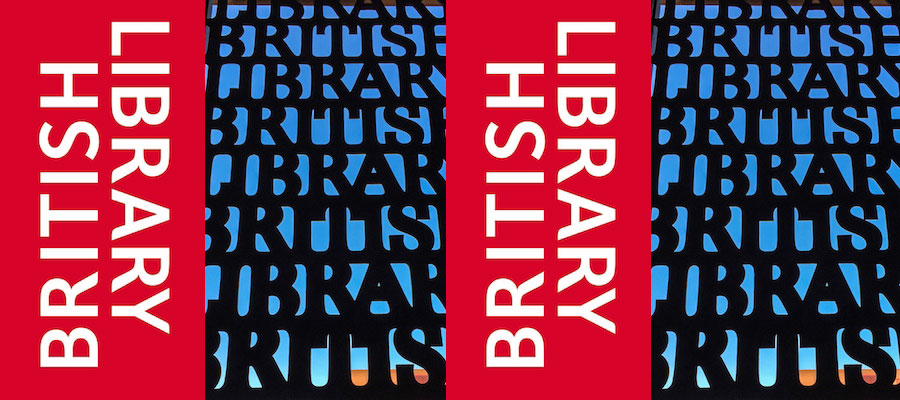The British Library is collaborating with Durham University to offer a fully-funded full-time or part-time PhD studentship via the AHRC Collaborative Doctoral Partnership scheme. The student’s research will focus on the legend of Alexander the Great, and the successful applicant will be supervised by Dr Venetia Bridges (Durham) and Dr Peter Toth (British Library).
Alexander the Great is one of the most fascinating figures of the ancient world. He conquered the world from Greece to India in less than 10 years. Although he died in 323 BC when he was only 33, Alexander's legacy continues to influence European, Middle Eastern and Asian cultures.
In the last two millennia, Alexander the Great has been represented as a magician, a scientist, a statesman, a philosopher and as one of the greatest explorers of humankind. The British Library’s collection of materials relating to the legend of Alexander provides an exceptional opportunity for PhD research into his immense impact on European literary culture from a transnational and multilingual perspective. As a student at Durham but working on the British Library’s collections, the successful applicant will have a unique opportunity to study the fascinating Alexander legends in their primary sources. This studentship will coincide with an exhibition about the legends of Alexander to be held at the British Library in late 2022.
Legends of Alexander’s life and conquests were combined into a narrative, known as the Alexander Romance, soon after his death. This compilation quickly became a ‘best-seller’, with translations in almost every language of the medieval Mediterranean, including Latin, Armenian, Syriac, Ethiopic, Arabic, Persian, English, French and German. Moreover, many of these texts are lavishly decorated with fascinating combinations of ancient and medieval imagery.
Applicants are invited to propose a multilingual and comparative project on Alexander’s reception from Late Antiquity to the close of the Middle Ages in European contexts, with a particular focus on the Alexander Romance. The proposal should focus on texts in more than one language, and include manuscripts in the Library’s collections. Possible topics include, but are not limited to, the following:
- the Alexander Romance’s influence upon high medieval literature (11th-13th centuries);
- the Alexander Romance’s influence on travel and scientific literature and geographical exploration;
- the Alexander Romance’s dissemination in the later Middle Ages (14th-15th centuries) in translations, adaptations and material witnesses;
- a comparative study of the Alexander Romance in Western (European) and Eastern (Byzantine and Slavonic) versions;
- the role of Alexander in royal and religious propaganda, including ‘nationalist’ historiographies and Crusader literature;
- a study of key medieval manuscripts and/or texts related to the Alexander Romance that demonstrate aspects of Alexander’s appropriation in different cultures;
- the Late Antique beginnings of the Alexander Romance’s textual histories.
The successful applicant will have multilingual interests in medieval and/or late Antique literature and culture with reading fluency in at least two European languages. Applicants should have received a first or high upper-second class honours degree and a master’s either achieved or completed by the time of taking up the doctoral study, both in a relevant discipline. Applicants must satisfy the standard UKRI eligibility criteria.
The studentship is fully funded for 3 years and 9 months full-time or part-time equivalent, with the potential to be extended by a further 3 months to provide additional professional development opportunities.
